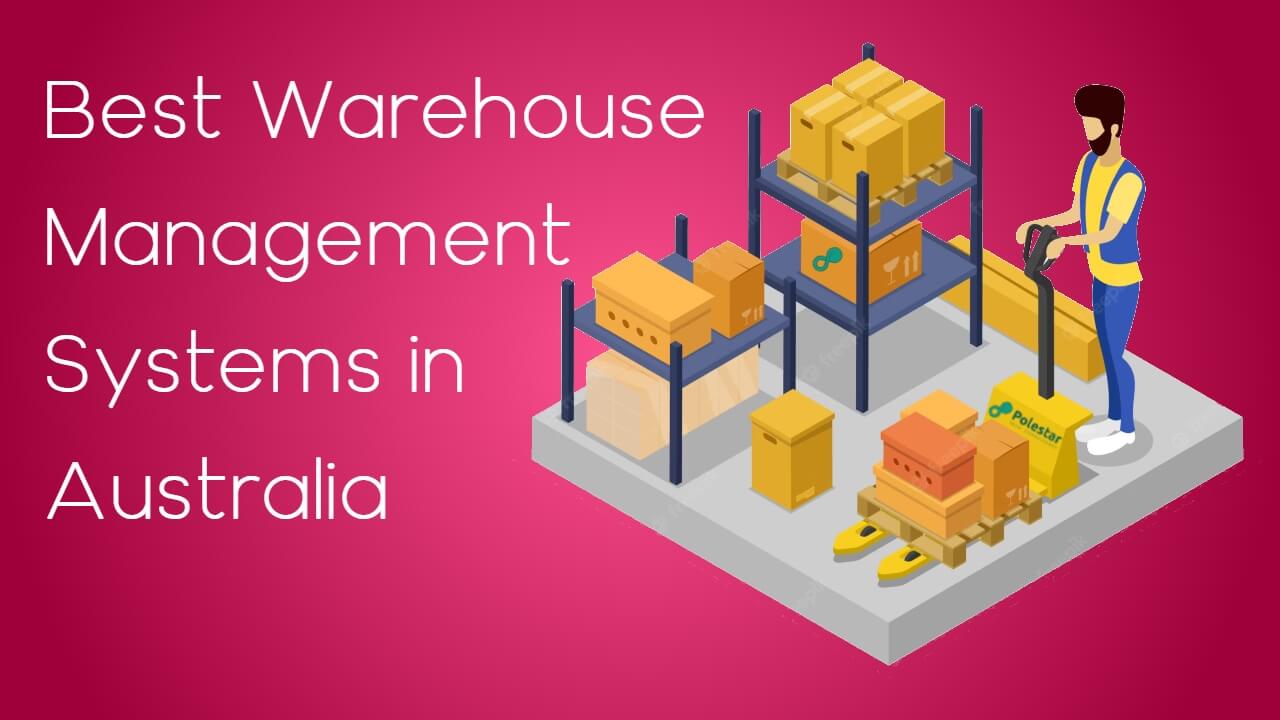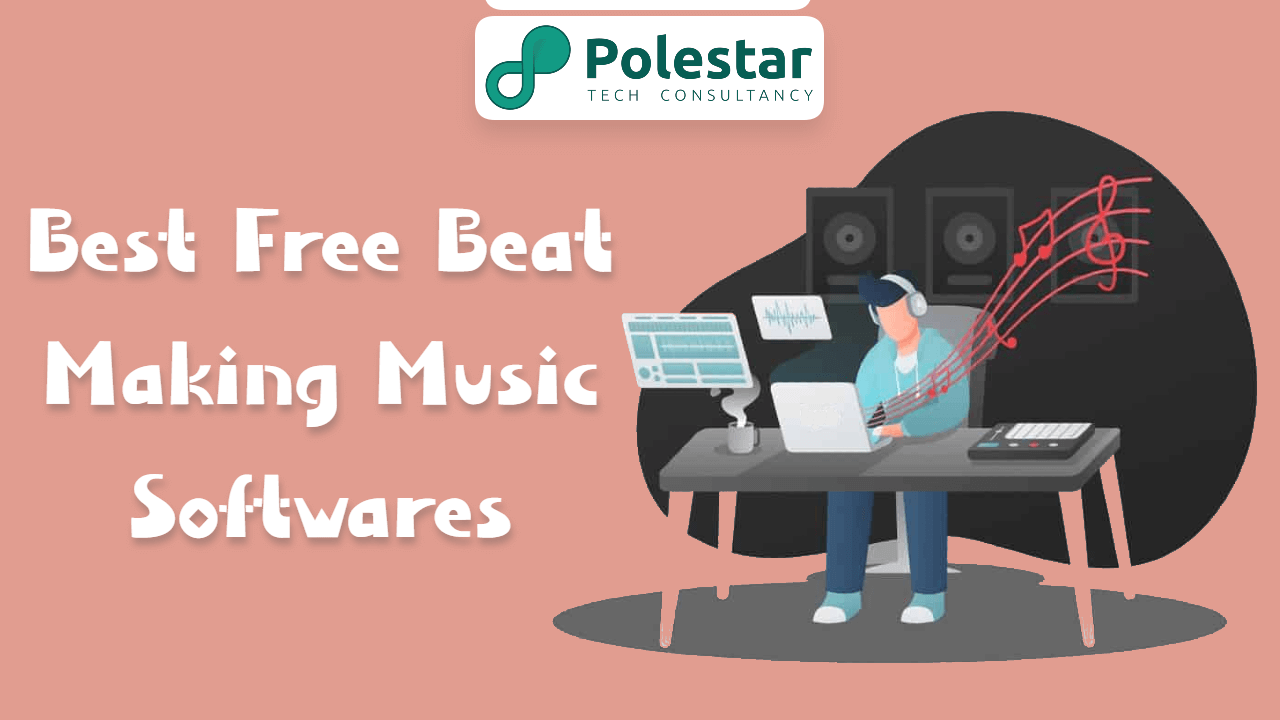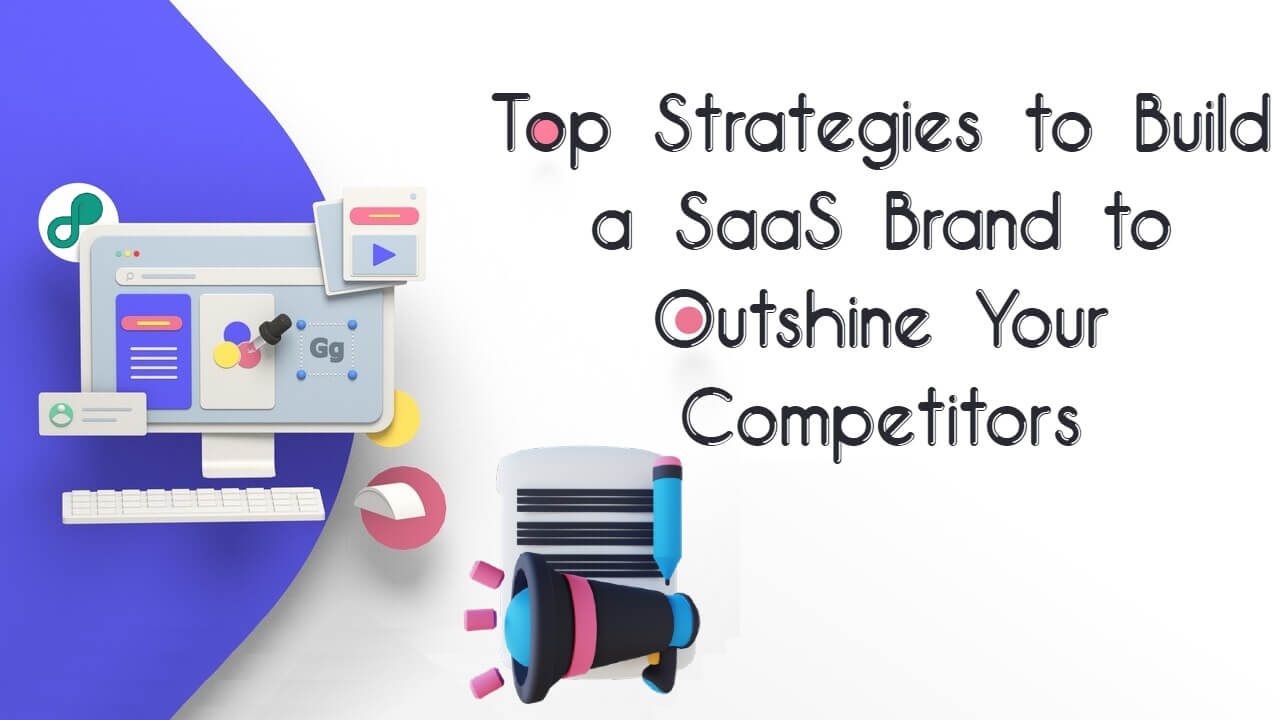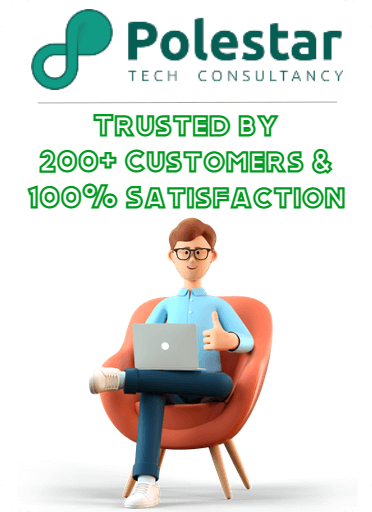19 Jun

When it comes to managing a warehouse, efficiency, accuracy, and productivity are essential. With the increasing complexity of supply chain operations, warehouse management systems (WMS) have become a vital tool for businesses across Australia. A WMS helps streamline processes, minimize errors, and improve overall warehouse performance.
But with so many options on the market, how do you choose the right one for your business? We've researched for you and compiled a list of six of the best warehouse management systems in Australia. Let's dive in!
Top Warehouse Management Software
HighJump WMS
HighJump WMS is a highly scalable and adaptable solution designed to meet the needs of businesses of all sizes. With its extensive range of features and customizable options, HighJump has become a popular choice among Australian companies looking to optimize their warehouse operations.
Key Features:
- Real-time inventory tracking and control
- Advanced picking and packing capabilities
- Labour management and performance monitoring
- Seamless integration with existing ERP systems
- Flexible deployment options, including cloud-based and on-premise
Why it's a top choice:
HighJump's adaptability and scalability make it an excellent option for growing businesses. As your warehouse operations expand, HighJump can seamlessly scale to accommodate the increased demand without sacrificing performance.
Microlistics WMS
Microlistics is an Australian-based company that offers a comprehensive WMS solution suitable for small, medium, and large enterprises. Known for its user-friendly interface and robust functionality, Microlistics WMS has gained a solid reputation among Australian businesses for improving warehouse efficiency and accuracy.
Key Features:
- Real-time visibility and control over inventory
- Advanced order management and processing
- Slotting optimization for efficient space utilization
- Comprehensive reporting and analytics
- Seamless integration with ERP, TMS, and e-commerce platforms
Why it's a top choice:
Microlistics WMS stands out for its ease of use and powerful features. Its ability to integrate with various systems makes it an excellent choice for businesses looking to create a seamless and efficient supply chain operation.
Cin7 WMS
Cin7 is a cloud-based WMS solution designed to help businesses manage their inventory across multiple channels and locations. With its intuitive interface and extensive range of features, Cin7 has become a popular choice for Australian businesses looking to streamline their warehouse operations and improve overall efficiency.
Key Features:
- Real-time inventory tracking and control
- Multi-location and multi-channel inventory management
- Advanced order processing and fulfilment
- Built-in POS and B2B e-commerce platform
- Seamless integration with major marketplaces and carriers
Why it's a top choice:
Cin7's cloud-based nature makes it accessible from anywhere, providing businesses with the flexibility to manage their inventory effectively. Its built-in POS and e-commerce platform also make it a great all-in-one solution for managing both online and offline sales channels.
Fishbowl Inventory
Fishbowl Inventory is a popular WMS solution in Australia known for its seamless integration with QuickBooks accounting software. Fishbowl offers a comprehensive set of features designed for small to medium-sized businesses to help manage and optimize warehouse operations.
Key Features:
- Real-time inventory tracking and control
- Advanced order management and processing
- Manufacturing and production management
- Serial and lot number tracking
- Seamless integration with QuickBooks and other third-party applications
Why it's a top choice:
Fishbowl's seamless integration with QuickBooks makes it an ideal choice for businesses already using accounting software. Its range of features and affordable pricing make it an excellent option for small to medium-sized businesses looking to improve their warehouse operations.
NetSuite WMS
NetSuite WMS is a powerful and flexible cloud-based solution designed to help businesses optimize their warehouse operations. As part of the Oracle NetSuite ERP suite, NetSuite WMS offers seamless integration with other NetSuite modules, making it an excellent choice for businesses looking for a comprehensive business management solution.
Key Features:
- Real-time inventory tracking and control
- Advanced order management and processing
- Wave and batch-picking capabilities
- Labour and resource management
- Seamless integration with NetSuite ERP and other third-party applications
Why it's a top choice:
NetSuite WMS's integration with the larger NetSuite ERP suite makes it an attractive option for businesses looking for a comprehensive business management solution. Its extensive range of features and flexibility make it suitable for businesses of all sizes.
CartonCloud
CartonCloud is an Australian-based company offering a cloud-based WMS solution designed specifically for the warehousing and logistics industry. With its easy-to-use interface and powerful features, CartonCloud has become a popular choice among Australian businesses looking to improve efficiency and reduce costs.
Key Features:
- Real-time inventory tracking and control
- Advanced order management and processing
- Automated invoicing and billing
- Comprehensive reporting and analytics
- Seamless integration with TMS and e-commerce platforms
Why it's a top choice:
CartonCloud's industry-specific focus makes it an excellent choice for businesses in the warehousing and logistics sector. Its automated invoicing and billing features also help streamline financial processes, saving time and reducing manual errors.
What Are the Benefits of Using a WMS?
The primary benefit of using a WMS is improved efficiency and accuracy in warehouse operations. By automating processes such as order processing, shipping, and inventory control, warehouses can reduce costs and increase productivity.
Furthermore, an effective WMS can provide businesses with real-time visibility over their supply chain operations, enabling better decision-making and cost savings.
Additionally, some WMS solutions offer advanced features such as custom reporting and analytics, which can help businesses gain valuable insights into their operations.
Finally, many WMS solutions have the ability to integrate with third-party systems such as ERP, TMS, and e-commerce platforms. This enables businesses to create a seamless supply chain system that improves efficiency and reduces costs.
How Much Does a WMS Cost?
The cost of a WMS varies depending on the type, features, and size of the system. Generally speaking, enterprise-level solutions can be expensive and range from a few thousand dollars to tens of thousands.
However, there are also more affordable options available for small businesses. Prices for these solutions typically range from several hundred to a few thousand dollars.
Ultimately, the best way to determine the cost of a WMS is to contact the vendor and discuss your specific needs and requirements. They can provide you with a customized quote based on your business's size, features, and other factors.
Conclusion
Choosing the right warehouse management system for your business is crucial to improving efficiency, accuracy, and overall performance. Each of the systems we've highlighted offers unique features and benefits, so it's essential to evaluate your specific needs and requirements before making a decision. By selecting the right WMS for your business, you can optimize your warehouse operations and ensure your supply chain runs smoothly and efficiently.
.png)















Jay Pala